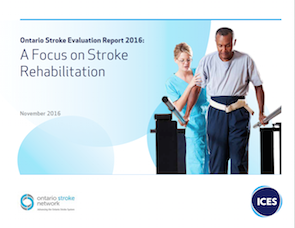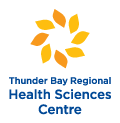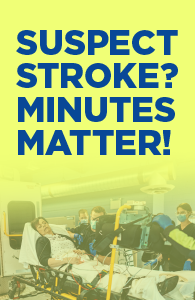New report shows more stroke survivors are receiving the right rehabilitation care in the right place.

Access to inpatient stroke rehabilitation services in Ontario has dramatically improved over the past three years, most notably for stroke survivors with severe disability. A report examining Ontario’s stroke rehabilitation services, released today by the Ontario Stroke Network (OSN) and the Institute for Clinical Evaluative Sciences (ICES), describes the results.
“Most stroke survivors require rehabilitation in various settings to regain independence following their acute stroke, we wanted to take a close look at the current state of Ontario’s stroke rehabilitation system by analyzing routinely collected data, survey responses and examples of innovation,” said Ruth Hall, ICES Adjunct Scientist, Stroke Evaluation Lead, Cardiovascular Program.
The State of Stroke Rehabilitation in Ontario: 2016 Focus Report of the Ontario Stroke Network compares recent stroke inpatient rehabilitative care to 2011/12 data, including:
- 1,000 additional stroke survivors accessed inpatient rehabilitation;
- 25 per cent increase in proportion of stroke survivors with severe disability admitted to inpatient rehabilitation;
- 28 per cent increase in stroke survivors’ daily functional gains;
- 43 per cent increase in the proportion of stroke survivors that met targets for active length of stay;
- more than 80 per cent of stroke survivors continue to be discharged home annually;
- facilities with comprehensive outpatient rehabilitation services had fewer admissions for survivors with mild disability. Outpatient rehabilitation is a more cost-effective setting for mild disability.
All of these gains were achieved within current capacity through collaboration, innovation and creating efficiencies, with no additional funding.
“The report demonstrates the value of efforts made across Ontario to improve stroke inpatient rehabilitative care,” said Esmé French, Regional Stroke Rehabilitation Specialist, Northwestern Ontario Regional Stroke Network, Thunder Bay Regional Health Sciences Centre. “It also highlights the emergent need to focus on outpatient and community-based rehabilitation, applying models that can serve both urban and rural populations throughout the province.”
For more information please contact Esmé French at frenche@tbh.net or 807-684-6498.
To view the report, visit: http://www.ices.on.ca/Publications/Atlases-and-Reports/2016/Ontario-Stroke-Evaluation-Report-2016






